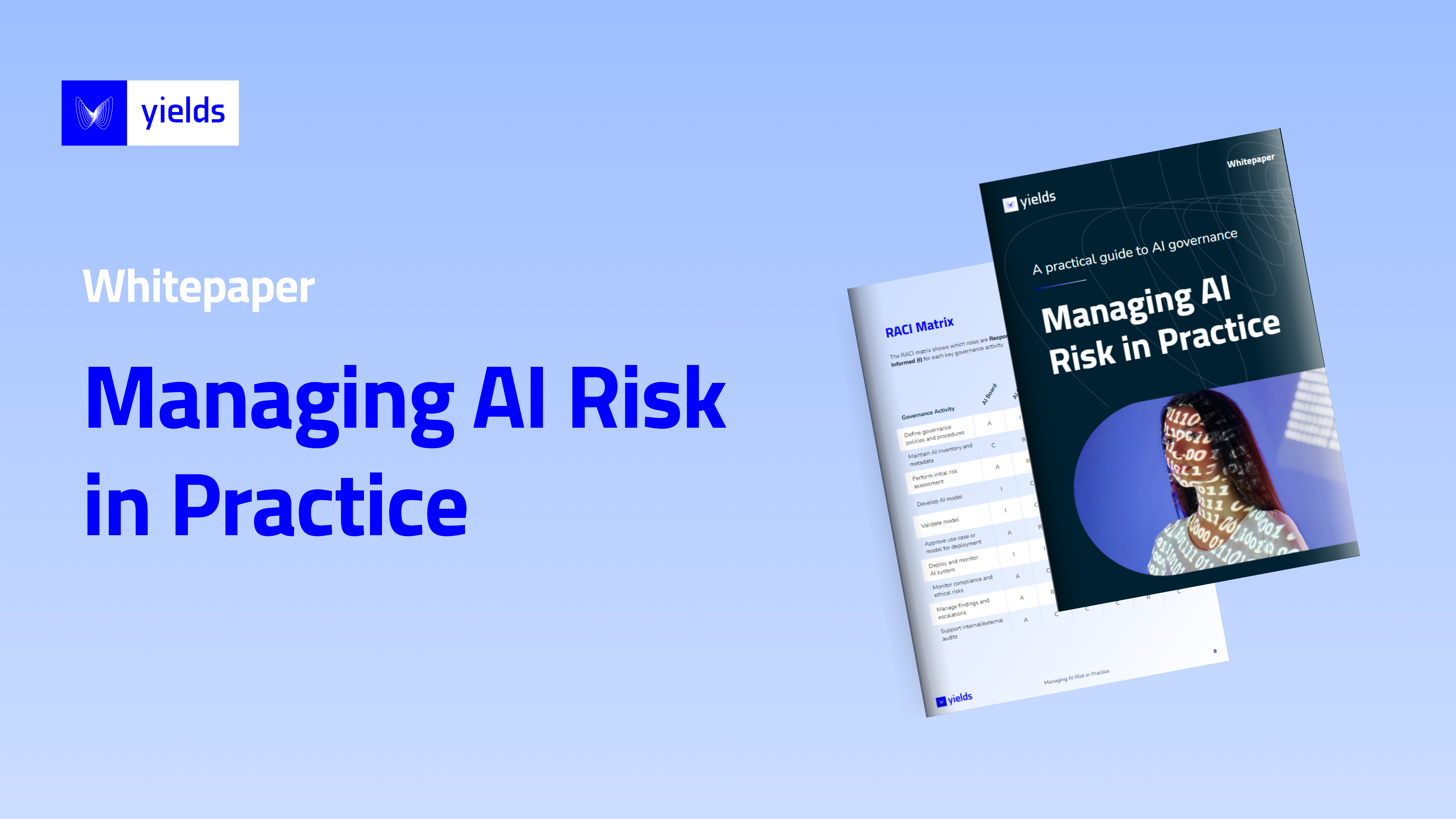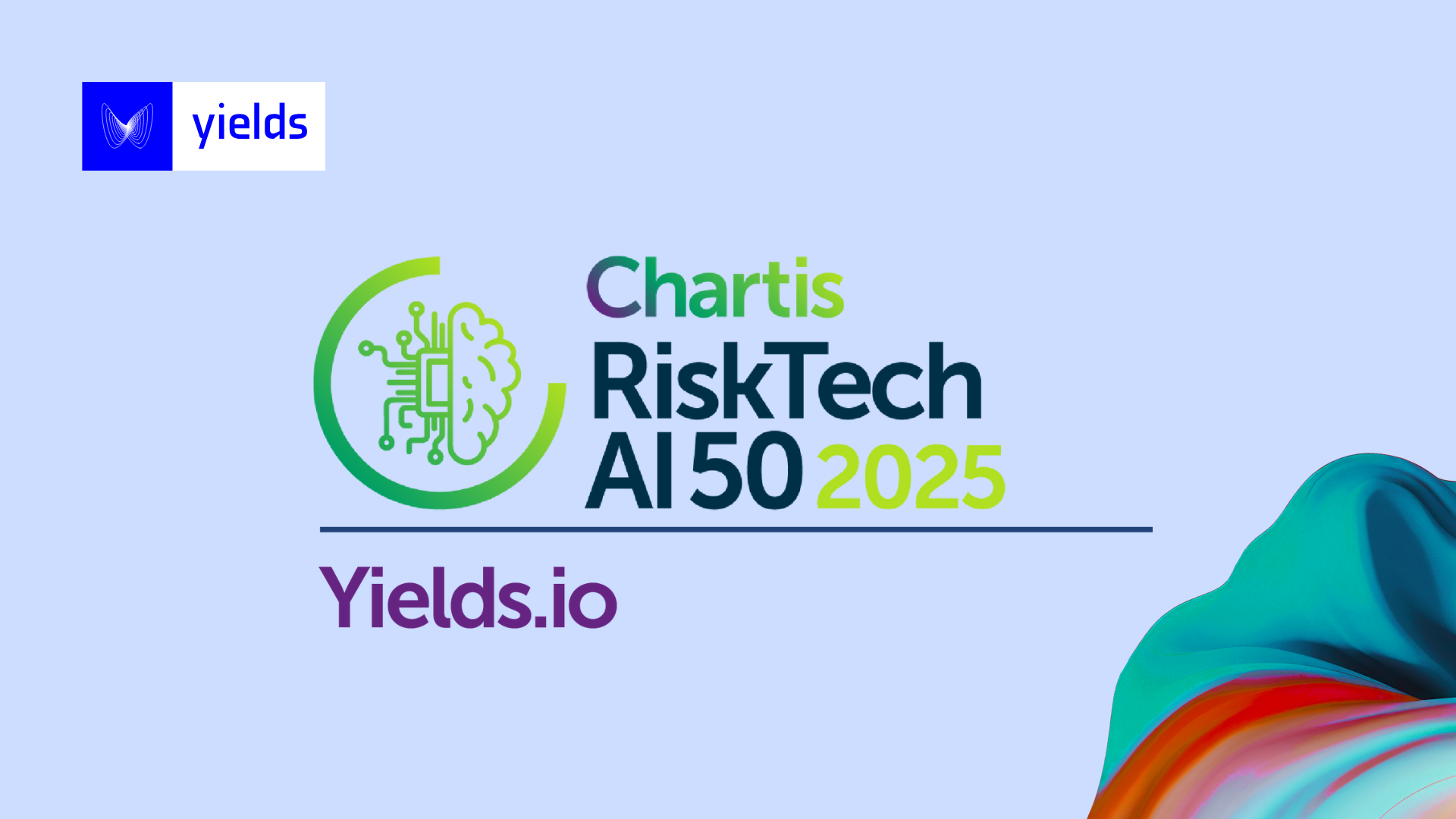Understanding the Implications of the EU AI Act: Key Takeaways from Our Webinar
The EU AI Act is poised to reshape the landscape of artificial intelligence across various sectors, including finance. Our recent webinar provided valuable insights into the upcoming regulations and their potential impact. Here’s a summary of what was covered in the discussion with Dr. David Eschwé, the Head of Group Advanced Analytics at RBI.
Historical Context and the Evolution of AI
In the webinar, it was discussed that the financial sector has been navigating regulations for over two decades, initially working with rating models under Basel II regulations. About six years ago, teams within the sector began leveraging new cloud technologies and machine learning for risk modeling and other applications. This transition to using advanced technologies set the stage for the potential implications of the EU AI Act.
The EU AI Act aims to establish a framework for artificial intelligence in Europe, focusing on high-risk applications and ensuring they adhere to stringent regulatory standards. Despite the financial sector’s familiarity with regulations, the AI Act introduces some nuanced requirements that will necessitate careful consideration.
Key Aspects of the EU AI Act
- Risk Classification and Prohibited Applications: The AI Act clearly defines applications that are outright prohibited, such as social scoring and subliminal influencing. It also categorizes AI applications into risk tiers, with high-risk applications subject to stringent regulatory requirements.
- Integration with Existing Model Risk Management: For financial institutions, many aspects of the AI Act align with existing practices in model risk management. This includes lifecycle management, from development through validation to deployment and continuous monitoring.
- Fairness and Bias Mitigation: One of the newer elements introduced by the AI Act is the emphasis on fairness and bias mitigation. The webinar discussed the challenges of ensuring fair AI models, especially in areas like credit risk and HR, where biased training data could lead to unfair outcomes. The act necessitates measures to detect and mitigate bias, promoting equitable treatment across different demographic groups.
Impact of the AI Act on Financial Institutions
The webinar emphasized that AI teams in banks are well-versed in working within a heavily regulated environment. They are accustomed to stringent regulations such as GDPR, bank secrecy laws, and the Capital Requirements Regulation (CRR). These frameworks ensure that data is handled carefully and use cases are chosen wisely. The AI Act will not introduce fundamentally new requirements but will formalize many practices diligent modelers already follow.
The AI Act’s risk-based approach mirrors the tiered system of model risk management, where more stringent development processes are applied to higher-risk models. For the banking sector, accustomed to rigorous scrutiny, the transition to comply with the AI Act may be smoother compared to other industries.
Recruiting Talent in a Regulated Environment
A significant challenge in AI and data science is attracting talent, especially within highly regulated environments like banking. The webinar shared approaches to hiring, which involve rigorous selection processes and assessments to ensure candidates are well-suited to handle the complex demands of regulatory compliance. The appeal lies in offering opportunities to work with cutting-edge cloud technologies and a robust, secure environment, which can be a unique selling point.
Challenges and Opportunities
While the AI Act aims to enhance trust and safety in AI applications, it also brings challenges, particularly in navigating new regulatory landscapes and dealing with stakeholders who may have limited technical expertise. The webinar acknowledged the potential initial slowdown due to these factors but emphasized that in the long run, the act could streamline processes and enhance the credibility of AI applications.
Conclusion
The webinar concluded by noting the importance of continuous dialogue and adaptation as the AI Act comes into effect. The financial sector’s experience with regulations provides a solid foundation, but ongoing efforts will be needed to align with new requirements and foster innovation within the regulatory framework.
Key Takeaways
- The EU AI Act introduces a structured, risk-based approach to AI regulation, which aligns well with existing practices in the financial sector.
- Financial institutions are well-prepared for the AI Act due to their extensive experience with regulations like GDPR and Basel II/III.
- Fairness and bias mitigation are critical components of the AI Act, posing new challenges but also promoting ethical AI practices.
- Attracting and retaining talent in regulated environments requires demonstrating the unique benefits and opportunities within such settings.
- Ongoing adaptation and stakeholder engagement will be crucial for successful implementation of the AI Act.
By understanding these key aspects and preparing accordingly, financial institutions can navigate the regulatory landscape effectively and continue to innovate responsibly.




